Back to the AGI Connections Index
AGI Connections - Winter 2022
Explore AGI Federation Activities in the Latest Issue of AGI Connections
The newsletter highlights AGI news and upcoming events from across the geoscience federation. Help us share important geoscience events by contacting Geoff Camphire, AGI Communications.
In this Issue
- Geoscience Educators Harnessing “Streams of Data”
- Intersociety Committee on DEI Makes Impact
- Policy Internship Provides Unique Opportunities
- Online Database Products Making a Difference
- Congressional Fellow Brings Geoscience to Policy
- Scholarships Boost Emerging Geoscience Professionals
- New From AGI
- Geoscience Events Calendar
Geoscience Educators Harnessing “Streams of Data”
Earth science educators are exploring ways to tap into datasets provided by federal agencies and other organizations — not only to highlight the relevance of geoscience to society, but also to help students develop data literacy. This effort is being facilitated by insights and resources flowing from Streams of Data, an ongoing research initiative by AGI and partners. Streams of Data illuminates ways students currently use, and can more effectively use, scientific data sets to learn science and mathematics. AGI has collaborated with the Education Development Center, a major contributor to science and math curricula, to produce findings, lesson plans, handouts, models designs, data representation techniques, collections of data sources, and more — available to educators and others now online at Streams of Data
Over the past three years, project researchers have worked in classrooms and explored key transitions in students’ development of data literacy skills. The focus is on transitions as students move from working with small, self-collected data sets to larger, professionally collected data sets of agencies such as such as NASA, the National Oceanic and Atmospheric Administration, and the U.S. Geological Survey (USGS). This work leverages a variety of geoscience data resources that connect to observable aspects of the natural world, have personal relevance, and align with Earth science curriculum standards.
Specifically, the initiative shows how fourth-grade students can develop the analytical thinking skills necessary to work with large, complex data sets. Students work with models to understand phenomena such as flooding. Using available data to examine related effects such as rainfall, river height, and land cover enables students to see geoscience’s relevance to real-world sustainability indicators like the United Nations’ 17 Sustainable Development Goals (SDGs), such as SDG 11: Sustainable Cities and Communities.
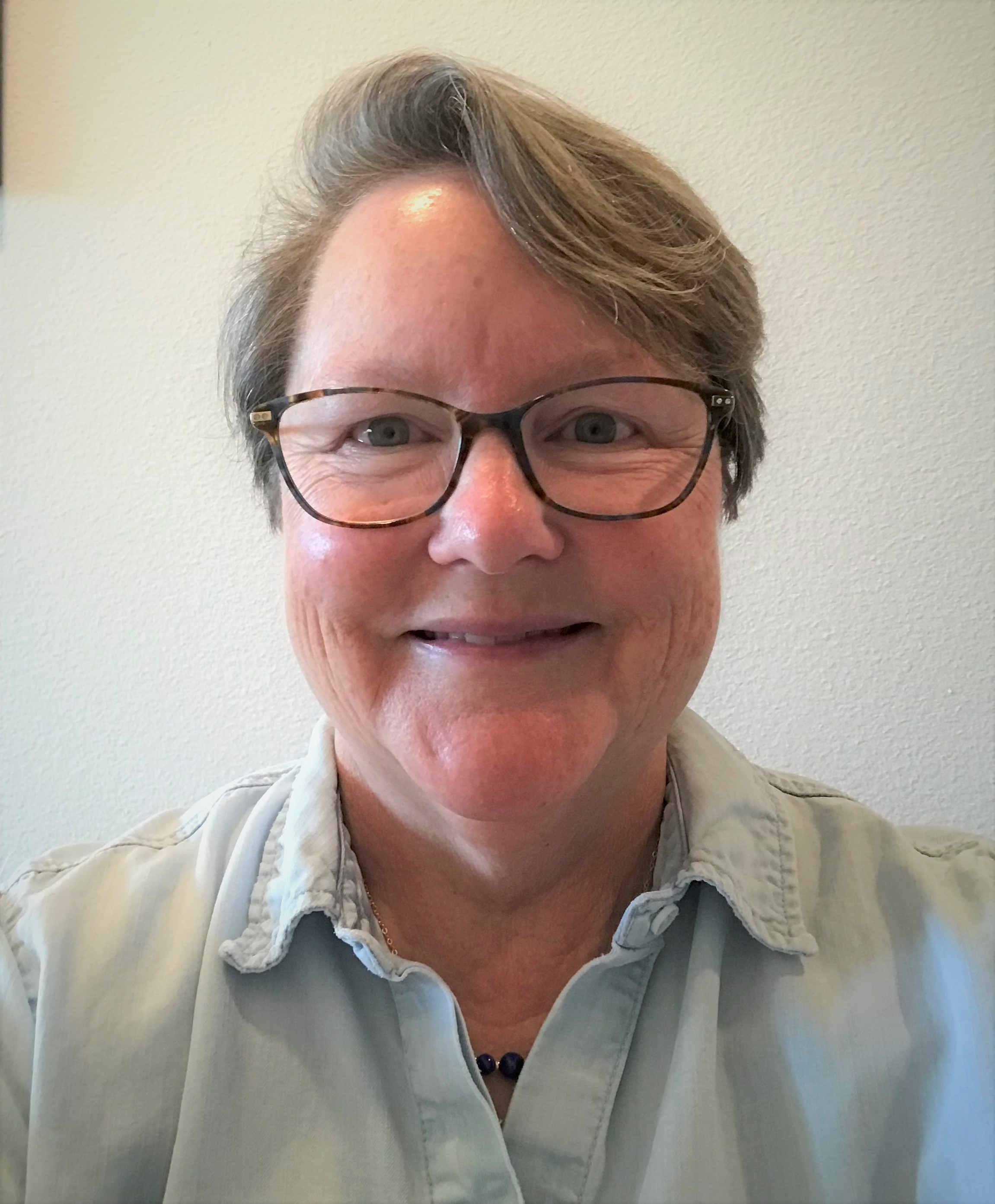
“In the 21st century it is critically important that every person be able to look at charts and graphs, interpret them, and understand what they mean to make information-based decisions about policies that they might or might not want to support,” said Eleanour Snow, USGS Manager of Youth and Education Science and a member of the initiativ’s external review panel. “The Streams of Data approach helps children develop data literacy in a variety of ways — not only mathematically but kinesthetically as well, for instance — so that they internalize that learning. A leader in Earth science education for a long time, AGI is in a unique position to make an impact here.”
Funding for this project is provided by the National Science Foundation (award 1906286). The results and interpretation of the survey are the views of the American Geosciences Institute and not those of the National Science Foundation. Learn more online about Streams of Data and other programs of AGI Education and Outreach. For more information, contact AGI Education and Outreach Director Dr. Edward Robeck
Intersociety Committee on DEI Makes Impact
The AGI Intersociety Committee on Diversity, Equity, and Inclusion not only benefits from the participation of representatives of geoscience organizations across the AGI federation, but also is increasing collaboration and sharing of effective practices essential to addressing DEI issues in the geosciences. Nan Broadbent, Executive Director of the Seismological Society of America (SSA), says that SSA has benefited from her participation on the committee and interactions with AGI staff, for example. SSA is building web pages to keep its community informed about progress on DEI efforts, a practice stressed by AGI as important for transparency and accountability, she says.
“We rely on the experience, research and guidance of our colleagues at AGI and on the committee as we seek to serve our community members equally,” adds Broadbent. “As a small society with limited resources, we find AGI’s programming and breadth of experience invaluable. We follow what works, adapted to fit our specific community. We discover what works through our participation in the AGI intersociety committee and by talking to AGI staff and volunteers.”
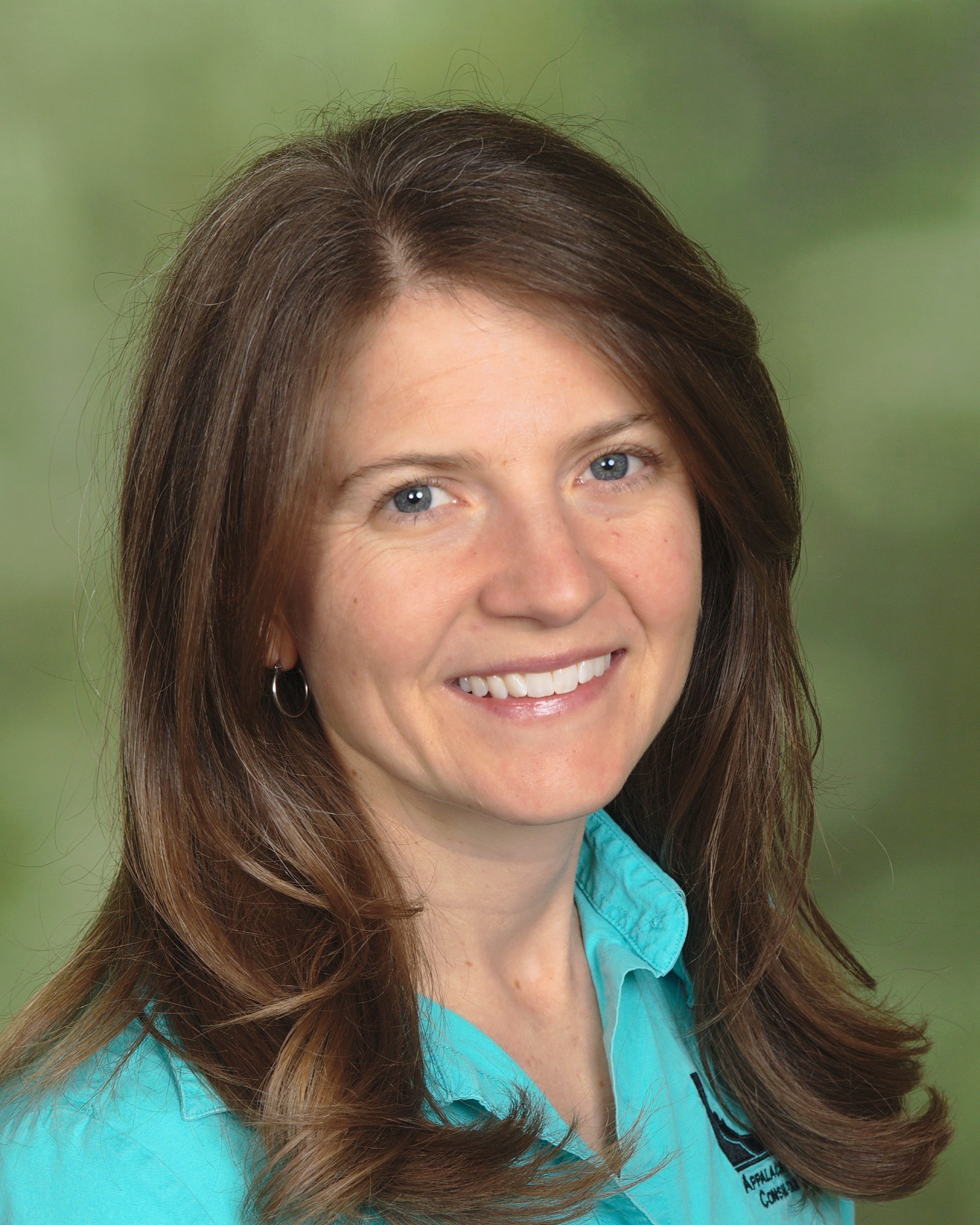
“Put simply, it is essential to the geoscience profession, geoscience organizations, and companies that employ geoscientists to identify and implement tools, resources, and strategies for addressing DEI challenges because, as humans, it is the right thing to do” adds Jennifer Bauer, Co-chair of the Association of Environmental & Engineering Geologists (AEG) DEI Committee. “For the geoscience profession to act in its capacity to serve society and the environment, it is imperative that diverse voices be included in the discussion.”
Bauer, who also is active on the AGI Intersociety Committee on DEI, adds that the committee serves as “a tremendous resource” for a small, primarily volunteer-run organization such as AEG. “It is great to have a seat at the table and learn from the larger organizations that have the time, funding, and personnel to determine the best path forward.”
To learn more about the committee and a wealth of additional resources for addressing DEI issues, see AGI’s new Diversity, Equity & Inclusion website linking visitors to:
- DEI initiatives and statements of dozens of AGI federation affiliates
- A framework that geoscience societies can use to cultivate inclusion, increase equity, and address intersectionality across race, class, disability status, and gender
- Scholarships for a U.S. minority students and female students in the geosciences
- Webinars hosted by AGI exploring issues of DEI in the geosciences, as well as recommendations for effectively addressing them
- A website promoting girls and women in science, technology, engineering, and mathematics, including related education resources
- A report and related resources on strengthening diversity in geoscience higher education, and more
To join the AGI Intersociety Committee on Diversity, Equity, and Inclusion, contact AGI Geoscience Profession and Higher Education Director Dr. Christopher Keane.
Policy Internship Provides Unique Opportunities
The Paleontological Society (PS) partners with AGI to bring the geoscience and policy worlds together by supporting a paid internship for geoscience students interested in the intersection of geoscience and policymaking. The Paleontological Society/AGI Geoscience Policy Summer Internship offers student members of PS who are pursuing bachelor’s, master’s, and doctoral degrees the opportunity to work on a policy project with impact on the paleontological community, dealing with topics such as land access, research funding, and specimen preservation.
The interns interact with federal agencies, sit in on National Academy of Sciences meetings, and attend relevant congressional hearings and briefings. Immersion in the federal policymaking process allows them to observe and study how policymaking intersects with the geosciences. They hone their research and writing skills while gaining firsthand policy experience and improving their understanding of the policymaking process, says Sandra Carlson, a Past President of PS and Emeritus Professor of University of California, Davis.
The internship program grew from an idea that Carlson hatched over a decade ago when she participated in the 2011 AGI Leadership Forum and Geoscience Congressional Visits Day, which opened her eyes to the possibilities of paleontologists learning from and contributing to policy, she says. While on the PS Council, Carlson helped secure funding for students to attend Congressional Visits Days, chaired the government affairs committee, and was instrumental in creating the internship program in partnership with AGI.
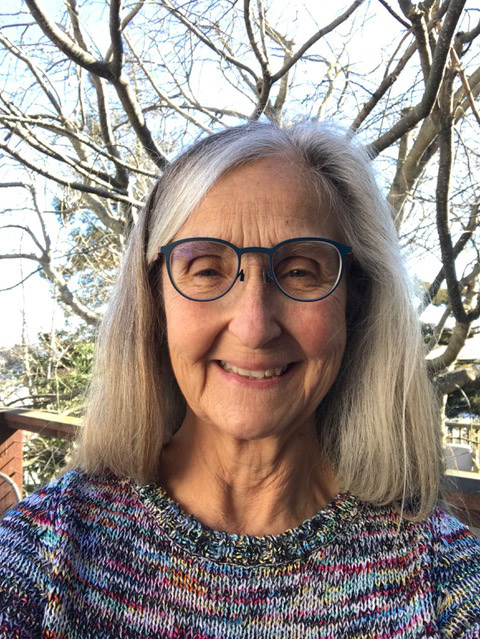
“AGI provides a broader landscape within which the Paleontological Society can participate more easily and effectively in policy issues that affect our science,” says Carlson. “The Earth sciences are so expansive in their purview that it can be difficult for any single discipline to feel that it is fully connected to all others and can contribute meaningfully to issues that affect all. AGI provides a home for diverse discussions that can serve a broader purpose in helping to craft actions that will advance the role of the geosciences in society.”
Over the past five years, interns have contributed to geoscience policy projects focused on paleontological collections, data preservation, conducting science on tribal lands, and trends in paleontological funding by the National Science Foundation. Their work has produced materials and resources accessible to members of the geoscience community and to policymakers through Geoscience Currents data briefs, talks at major geoscience conferences, and publishing in the PS publication Paleobiology.
Learn more online about the Paleontological Society/AGI Geoscience Policy Summer Internship and additional programs of AGI’s Geoscience Workforce Department. For more information, contact AGI Geoscience Profession and Higher Education Director Dr. Christopher Keane.
Online Database Products Making a Difference
AGI hosts an ever-growing number of both subscription-based and free online database that help connect geoscience researchers and other professionals and students with the data they need. Take for instance, the online database products available by subscription ― in addition to GeoRef, the number-one bibliographic database for the geosciences ― which include the AusGeoRef Database covering Australian geoscience literature dating back to 1840, the CanGeoRef Database covering the Canadian literature since the early 1800s, and the Groundwater and Soil Contamination Database covering worldwide literature on the topic including more than 180,400 bibliographic references.
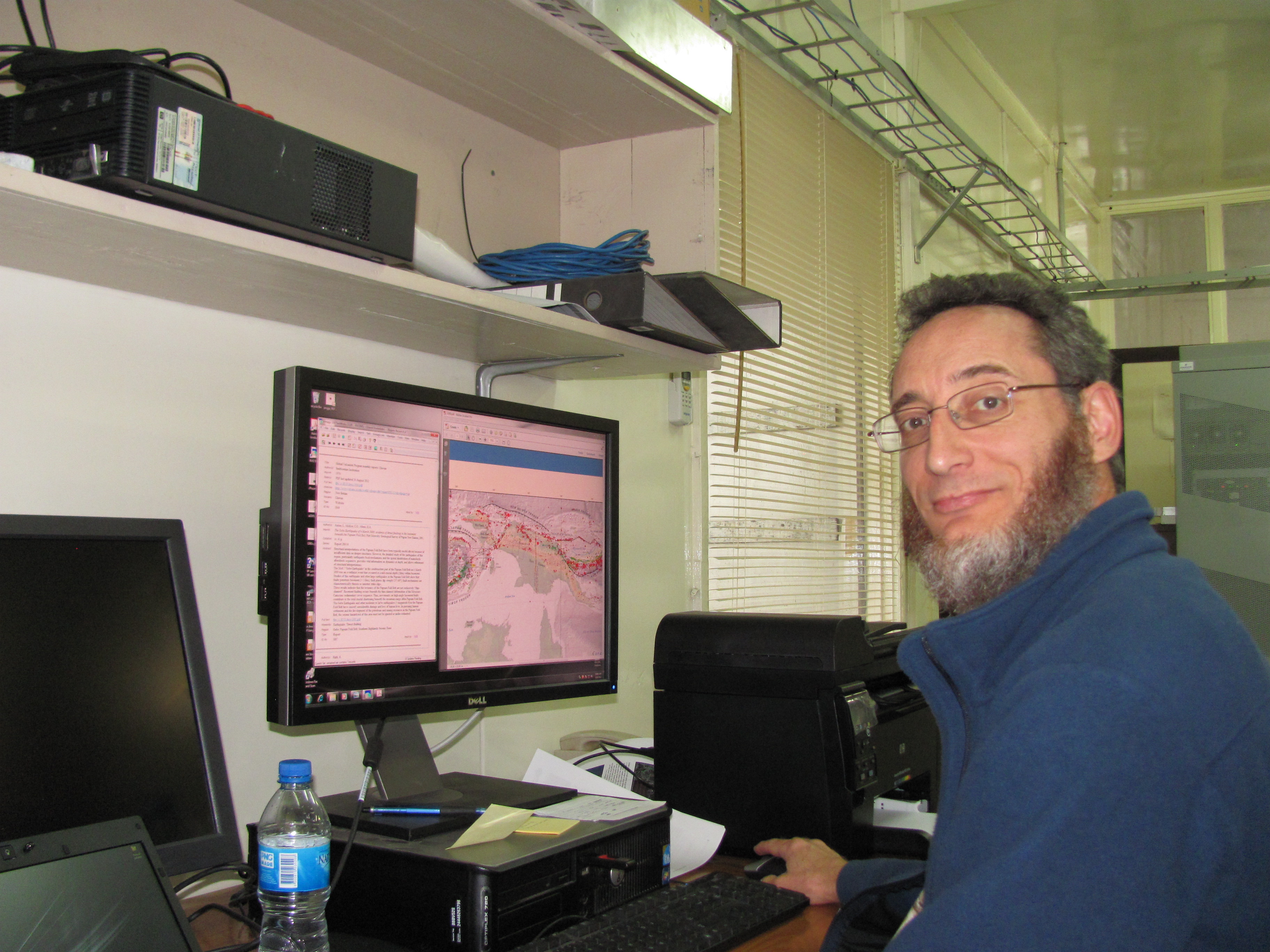
“Partnering with AGI on GeoRef and the Australian subset AusGeoRef has become a significant component of our strategic plan, which includes enabling an informed nation to equip government, communities, and industry with geoscience data and information to make decisions for our nation,” said Chris Nelson, Library Manager of Geoscience Australia. “It has increased the visibility of innovative geoscience being performed in Australia to both local and international stakeholders and contributed to Geoscience Australia’s goal of delivering world-class, trusted data to support high impact geoscience.”
AGI offers a wealth of additional database options. The GeoRef Previews Database freely allows a sneak peek at new articles that are working their way into GeoRef. Also available for free are the Cold Regions Bibliography Project, MINABS Online, Geologic Guidebooks of North America, the Scientific Ocean Drilling Bibliographic Database, the Geologic Surveys Database, and ― a new addition ― the Midwest Regional Carbon Initiative (MRCI) and Related Projects Research Publications Database.
Nelson is thoughtful about how scholarly information partnerships like the one that has resulted in AusGeoRef hold promise for the geoscience community: “Increasing knowledge-sharing in this way will keep people abreast of developments in the geosciences and may well help us meet present-day challenges ― such as more innovative use of natural resources, building community resilience to natural hazards, and transitioning to low-emission economies ― to ensure a better future for generations to come.”
Learn more online about AGI’s Online Database Products and additional programs of AGI Scholarly Information. For more information, contact AGI Scholarly Information Director Sharon Tahirkheli.
Congressional Fellow Brings Geoscience to Policy
AGI congratulates Oliver Stephenson, who recently completed his Ph.D. at the California Institute of Technology, on becoming the 2022-2023 William L. Fisher Congressional Geoscience Fellow. The Fisher Fellowship offers geoscientists the unique opportunity to spend a year in Washington, D.C., working as a staff member in the office of a member of Congress or with a congressional committee.
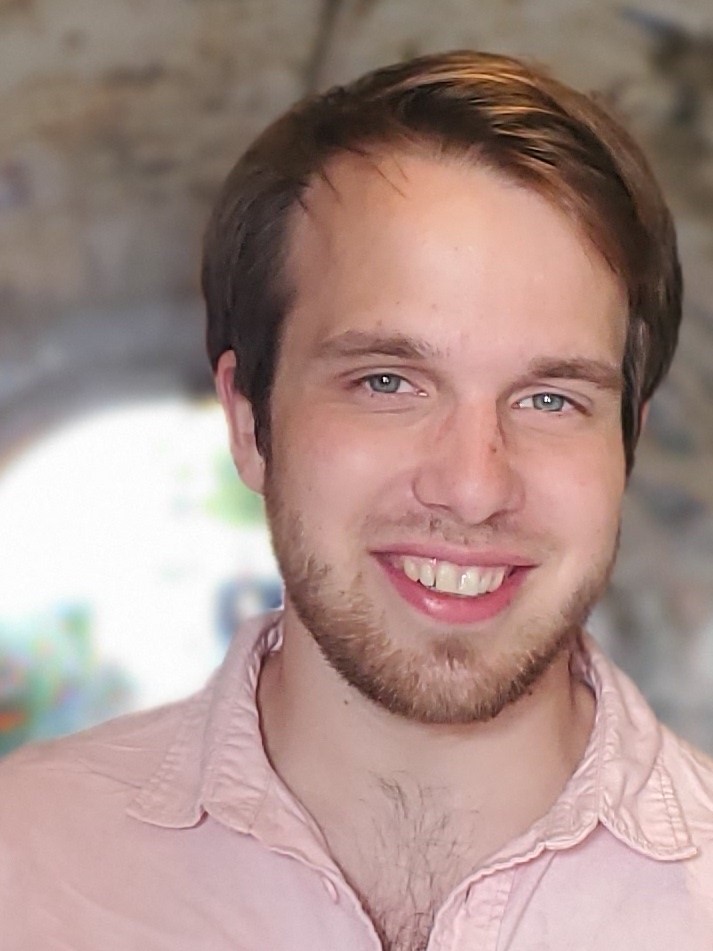
“This has been a pretty amazing opportunity to get an insight into how geoscience can help shape policy at the highest levels,” said Stephenson, who currently is working in the office of Senator Edward Markey on his Energy and Environment team. “Senator Markey has been instrumental in passing legislation to combat climate change and deliver clean energy to all Americans, and I get to continue that work as a core part of his team.”
Each year, AGI’s Fisher Fellow joins more than two dozen other scientists and engineers for an intensive orientation program on being a congressional fellow, organized by the American Association for the Advancement of Science (AAAS), which also guides the placement process and provides educational and collegial programs throughout the year. “As a geoscientist, you’re given a great scientific training, but it can be hard to know how to translate that into real-world policy,” Stephenson added. “The ability to step into the policy process like this allows you to do that.”
Learn more online about the Fisher Congressional Geoscience Fellowship. For more information, contact AGI Geoscience Profession and Higher Education Director Dr. Christopher Keane.
Scholarships Boost Emerging Geoscience Professionals
AGI scholarship recipients reflected recently on the impact of those awards, both for their own academic careers and for the geosciences more broadly. Doctoral student Selena Martinez expressed her gratitude at becoming the 2022 recipient of the AGI Scholarship for Advancing Diversity in the Geoscience Profession. In addition, master’s student Cissy Ming and doctoral student Behnaz Hosseini talked about being named as the 2022 recipients of AGI’s Harriet Evelyn Wallace Scholarship for Women Geoscientists.
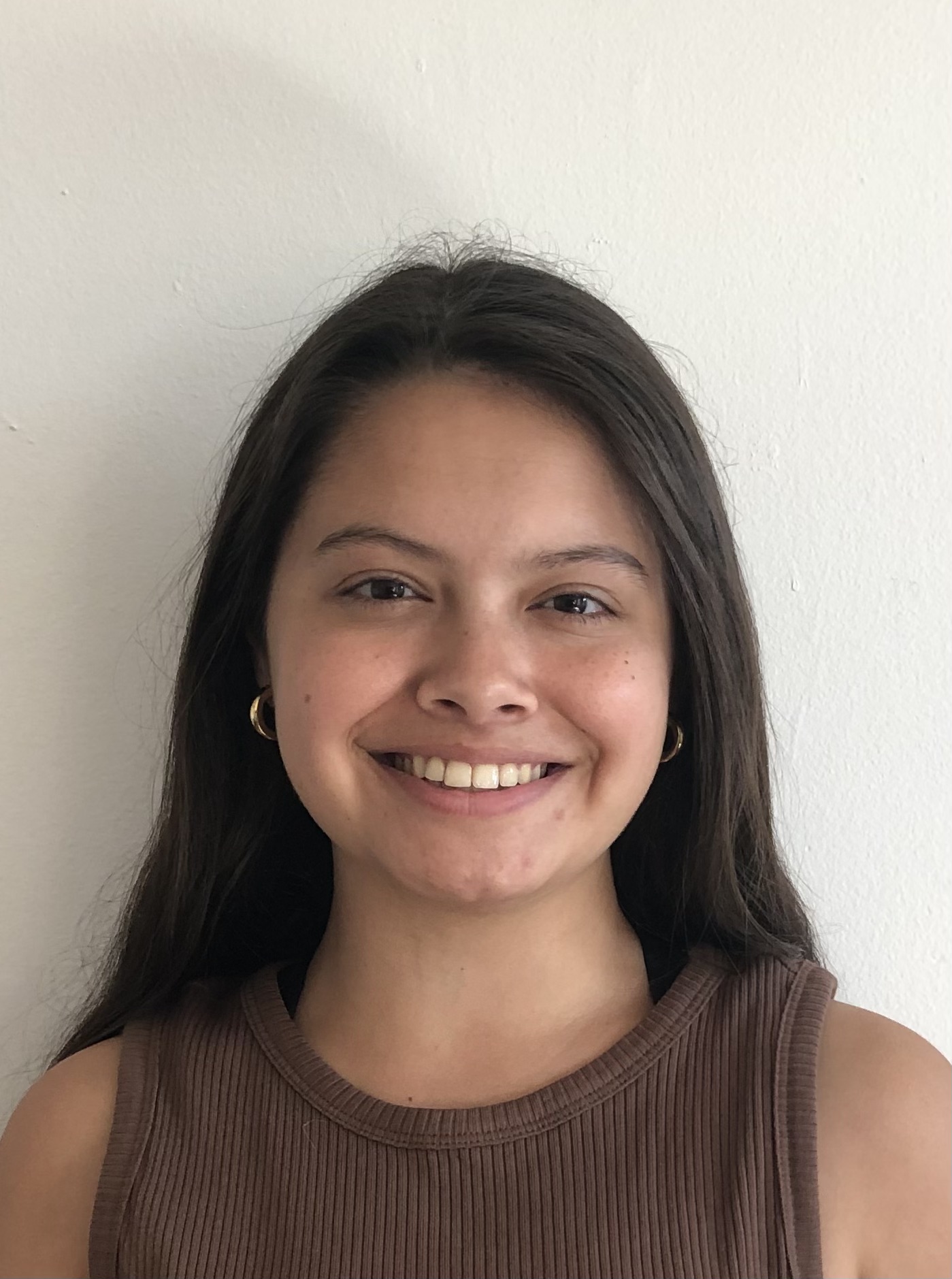
“Often efforts to make the sciences more diverse and equitable focus on the recruitment stage,” said Martinez, who recently earned a bachelor’s degree from Yale University and began her graduate work at the University of Chicago. “This support, however, needs to exist at every step in a geoscientist’s career. This award, which offers financial backing as I transition from undergraduate to graduate education, signifies a commitment to supporting historically excluded geoscientists throughout their careers.”
“My path to studying geosciences was unconventional and definitely unexpected, so I am grateful for any support I receive,” said Ming, a second-year graduate student in the Department of Geosciences at Virginia Polytechnic Institute and State University. Her research investigates why hypolimnetic oxygenation, a recent innovation in water treatment, shows widely varying levels of effectiveness for manganese removal from drinking water reservoirs. “I am honored by AGI’s recognition of my potential as a geoscientist. The scholarship will enable me to expand the scope of my master’s research and answer additional questions about freshwater manganese cycling.”
“I feel tremendously honored and grateful to have been awarded the prestigious Harriet Evelyn Wallace Scholarship, a major steppingstone for me in transitioning to the next chapter of my dissertation,” said Behnaz Hosseini, a third-year doctoral student in the Department of Earth Sciences at Montana State University. She is studying the magma storage, ascent, and degassing conditions leading to the 2009 eruption of Redoubt Volcano in the Aleutian Arc of Alaska. “With this generous support, I am thrilled not only to contribute new and valuable knowledge toward our understanding of an historically important eruption, but also to continue my commitment to mentorship and outreach.”
The Wallace Scholarship, which provides each recipient with a $5,000 award for one academic year, is celebrating its ninth year supporting women geoscientists in graduate school. The scholarship is awarded to the top applicants who most demonstrate a strong likelihood of success as a professional geoscientist.
Learn more online about AGI Scholarships. For more information, contact AGI Geoscience Profession and Higher Education Director Dr. Christopher Keane.
New From AGI
-
The new platform of AGI’s Geoscience Online Learning Initiative (GOLI) offers users seamless opportunities to discover courses and their content across the entire GOLI catalog of professional continuing education opportunities.
-
Learn how geoscience can support sustainability by viewing free recordings of the Earth Science Week 2022 “Earth Science for a Sustainable World” Webinar Series.
-
The Earth Science Week 2022 Toolkit, now available for advance orders, offers a variety of printed materials to help you explore geoscience topics relating to the Earth Science Week 2022 theme of “Earth Science for a Sustainable World.” See the AGI Store for special pricing on a double-pack of Two Toolkits addressing various geoscience topics.
-
Webinars hosted by AGI, available for viewing live and on demand, focus on issues essential to the geoscience profession. Recent events include “Exploring for the Future International Showcase,” “Questioning How We Recruit Students From Historically Marginalized Communities,” and “Geoscience COVID-19 Study Update: Examining Impacts and Resilience Within Academia.”
-
Geoscience Currents data briefs illuminate geoscience profession, workforce trends, and career paths. Recent titles include “Geoscience Median Salaries Decline in 2021,” “COVID-19 Impacts on Geoscience Business Operations Through 2021” “Geoscience Student Progress During the Pandemic,” and “Geoscience Employment Growth Continues Through 2021.” Subscribe for free.
Geoscience Event Calendar
Where the previous issue of AGI Connections featured a listing of upcoming events, this issue introduces a new resource designed to be even more effective for tracking in-person, virtual, and hybrid events sponsored by geoscience organizations of the AGI Federation: AGI’s Geoscience Event Calendar
See what events are scheduled in the coming months and years — and plan your organization’s future events with the help of a resource that showcases the major national and international geoscience events on the horizon. Events will be added to the calendar regularly. Already you can find information on events such as these:
- The American Meteorological Society’s Annual Meeting happens in Denver, Colorado, and online on January 8-12, 2023.
- The American Association of Geographers’ Annual Meeting takes place in Denver, Colorado and online on March 23-27, 2022.
- The American Institute of Professional Geologists’ National Annual Conference occurs in Covington, Kentucky, on September 16-19, 2023.
Posting events on the calendar is an exclusive benefit of membership in the AGI Federation (contact AGI Communications’ Geoff Camphire to learn more), but anyone can view the calendar for free. Check out the Geoscience Event Calendar today to find out about the geoscience community events of tomorrow.
